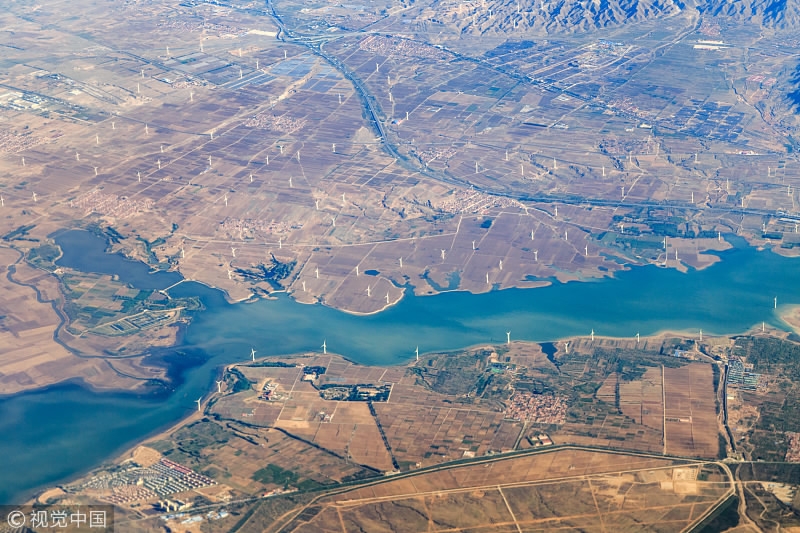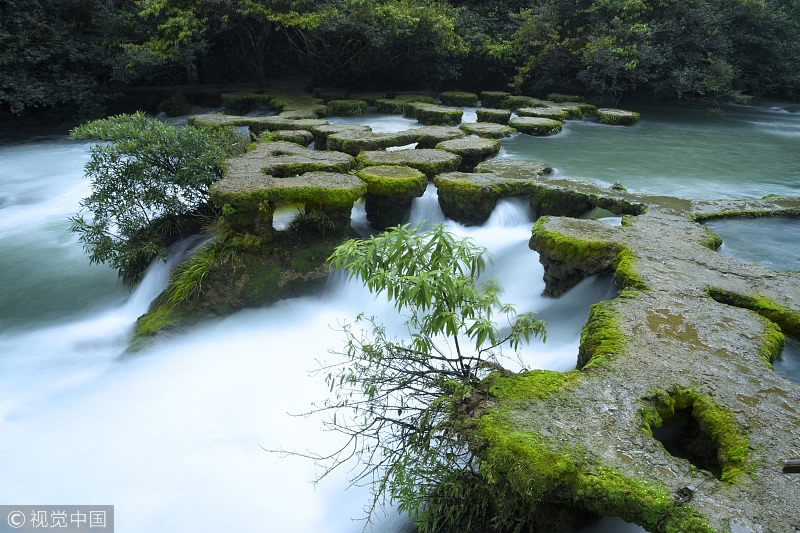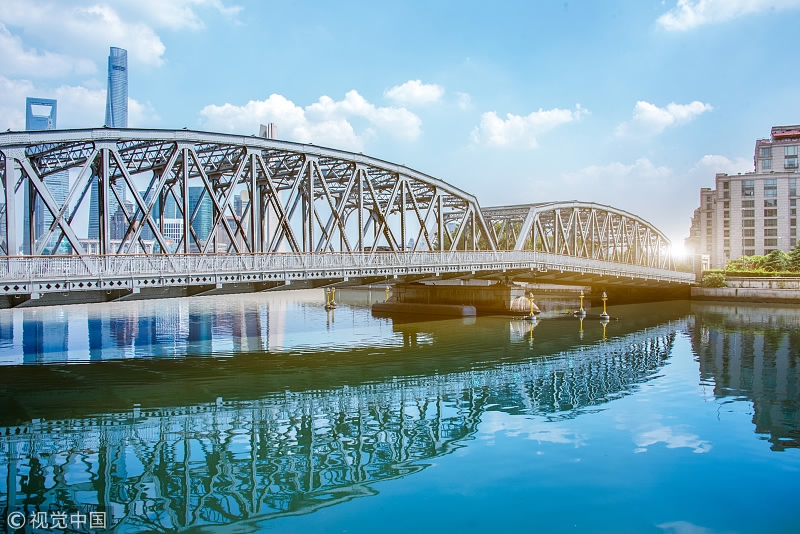
Opinions
22:43, 12-Mar-2018
Opinion: China relies on river and lake mastership to lift up water security
Guest commentary by Wu Changhua

China has stepped up its efforts to deliver the water-related United Nations Sustainable Development Goals (SDGs) by scaling up river and lake mastership.
Mastership refers to the system by which rivers and lakes fall under the responsibility of designated “masters” who are held accountable for controlling and overseeing pollution discharge to water bodies, managing the water takes from surface water, as well as the watershed protection.

VCG Photo
VCG Photo
Currently 23 out of the 31 provinces in the country have implemented this mechanism by deploying 310,000 river masters at and above township level and 620,000 river masters at the village level. The system has demonstrated early success in protecting watershed ecosystems, effectively controlling pollution, and efficiently managing water use.
According to the work plan disclosed at the 2018 National People’s Congress (NPC) in Beijing, China is to achieve 100 percent deployment of river mastership before the end of June and 100 percent lake mastership by the end of 2018.
This is a key step taken by Chinese legislators and regulators to reform watershed management, the point where rivers and lakes meet the land. For a long time, laws, regulations and policies to address water pollution had not succeeded in delivering fundamental changes. Rapid urbanization and industrialization continue to reduce watershed and negatively impact biodiversity. Agricultural runoffs continue to contaminate land and threaten food safety. Population growth and people's aspirations for better lives continues to increase water withdrawal from nature. As a consequence, China remains one of the countries in the world today that faces severe water security.

VCG Photo
VCG Photo
China declared a “war on pollution” six years ago. While progress has been made, such a goal could not possibly be achieved without deeper reform of the existing governance around water security. Some crucial questions were not answered, including asking who is really in charge. And if multiple government agencies have been given a water-related mandate, how should they coordinate roles and responsibilities? If something happens, who should be held accountable?
The government started to roll out pilot programs for the river mastership scheme in 2016. According to government reports and assessments, some fundamental shifts have already been witnessed. The accountability went from no one being in charge to having someone in charge. The system went from multiple bosses to unified governance and barely any outcomes to a clearly positive outcome. Another benefit was creating new job opportunities at the local level.
Such governance reform and efforts in China should be applauded. In particular, it sheds light on how to deliver more effectively the water-related SDGs, in which water is a fundamental challenge at both the global and local level.
While access to water and sanitation (SGD6) is a huge task, the planet’s water cycle and water systems are under tremendous stress today. Water is life. If not addressed timely and effectively, it threatens human survival and development.
A key solution is watershed management. There are such instruments as integrated water resources management that have been implemented or advocated globally. And yet, as we all know, if governance and accountability are not properly addressed, such an instrument cannot succeed.

VCG Photo
VCG Photo
I definitely applaud China taking such a major step and look forward to witnessing more specific measures to deliver outcome. A few food-for-thought suggestions:
– Watershed Perspective: While tens of thousands of “masters” will be deployed, water has to be viewed from watershed ecosystem perspectives. China today implements an “ecosystem compensation” mechanism and water and watersheds are a fundamental element of that. Therefore, ensuring watershed-based mastership mechanisms will be very imperative. Goals and objectives should be set in a holistic manner. And at national level, a coordination platform should be in place for such a purpose.
– Integrated Water Resources Management: China has been implementing IWRM, but the outcome remains to be improved. River and lake mastership, if coordinated well, shall enhances its effectiveness of implementation. It will require much better coordination among different provincial jurisdictions and watersheds.
– Disclosure and Transparency: Continued efforts in information disclosure and transparency shall be made so that the society would be able to “know” the progress and participate. Water-secured future requires everyone’s participation and contribution. A better-informed society lays the foundation for behavior change and “the third eye.” A national watershed information platform should be set up.
– Innovation: With technologies driving change today, blockchain and other innovative technologies shall be deployed to build up an ecosystem of “river and lake masters” where trust, transparency, and decentralization become some basic principles and where continued innovation is encouraged in order to make the mastership mechanism a great success.
– Continued Governance Reform: There is no doubt that continued reform will be required for enabling context, coordination, accountability and liability, as well as incentives for innovation.
– Capacity Building: River and lake masters are not just titles. They require knowledge and expertise, as well as dedication. From science to management, from technology to operation, those existing masters and future masters would have to be equipped with the right level and structure of expertise in order to fulfill their assignments and duties.
This is another major step forward by China to deliver its commitment to ecological civilization and UN SDGs. Give another salute to China for its continued steadfast efforts in clean revolution.
(Wu Changhua is vice chair of the Governing Council of Asia Pacific Water Forum and director of Professional Association for China’s Environment. The article reflects the author’s opinion, not necessarily the views of CGTN.)

SITEMAP
Copyright © 2018 CGTN. Beijing ICP prepared NO.16065310-3
Copyright © 2018 CGTN. Beijing ICP prepared NO.16065310-3